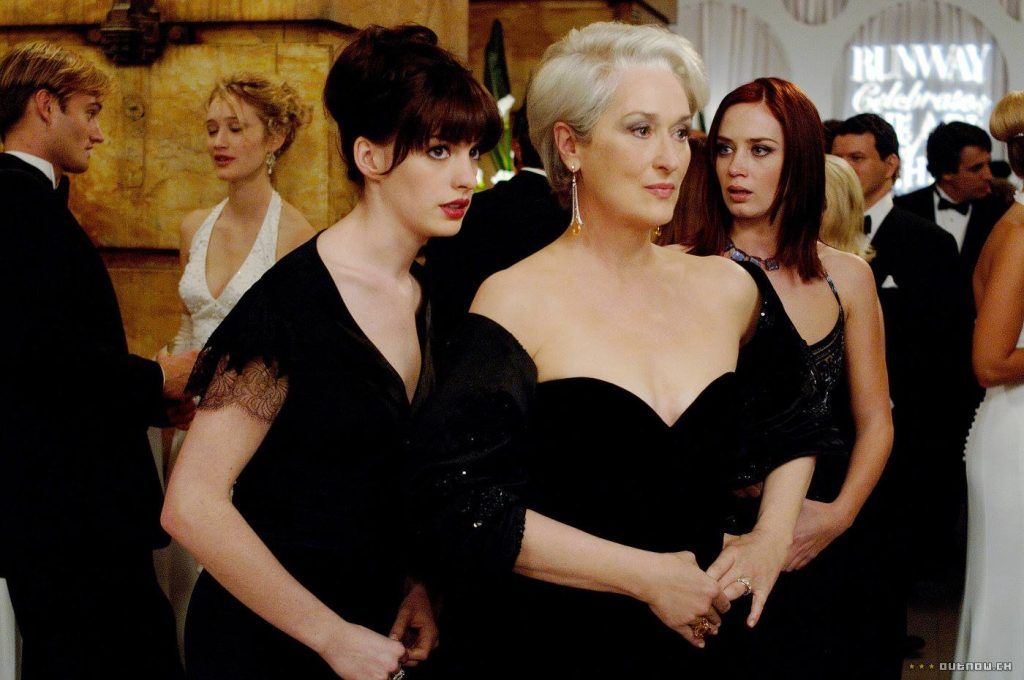
‘The Devil Wears Prada’ is getting a big musical adaptation, and it looks haute
By Vichayuth Chantan Oct 17, 2023 | 2 min read

A Disney princess concert is coming to Bangkok this December
By Vichayuth Chantan Oct 16, 2023 | 2 min read

Hell’s Kitchen Thailand to heat up Thai screens this 2023
By Porpor Leelasestaporn Oct 16, 2023 | 2 min read
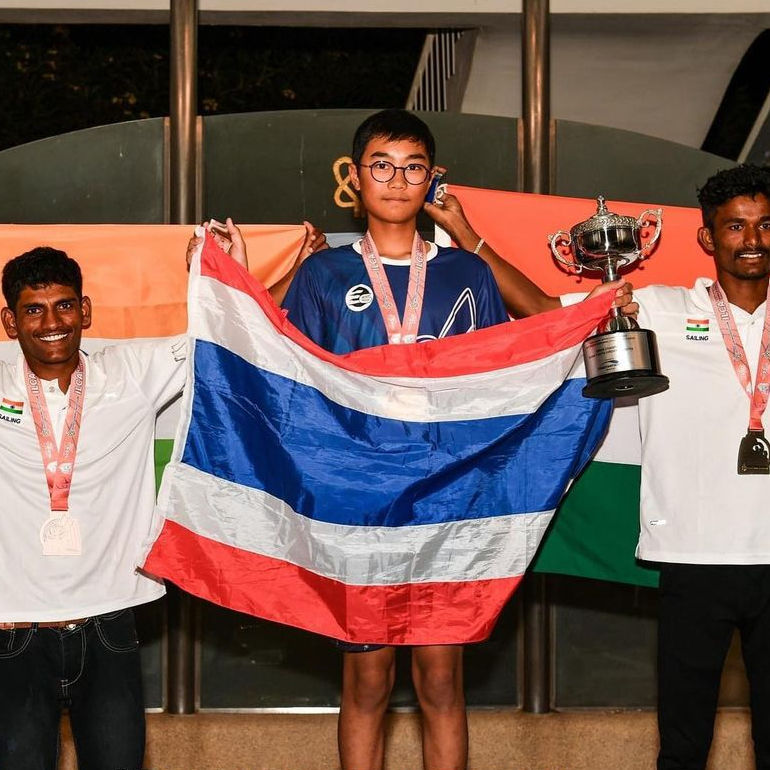
A look at Thailand’s medal tally at the Asian Games 2023
By Uddipta Banerjee Oct 12, 2023 | 4 min read
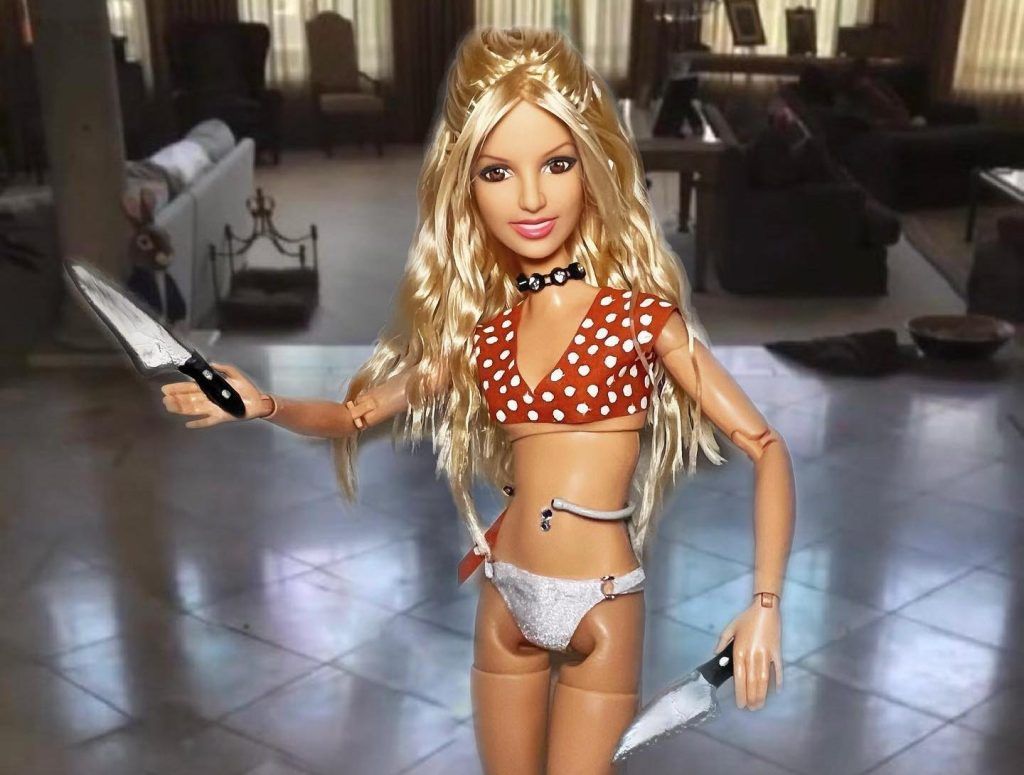
LSA Opinion: Halloween 2023 costume ideas, inspired by 2023 pop-culture
By Lifestyle Asia Oct 12, 2023 | 4 min read

The Kid LAROI teases ‘Too Much’ in collaboration with BTS’ Jungkook
By Eshita Srinivas Oct 12, 2023 | 3 min read
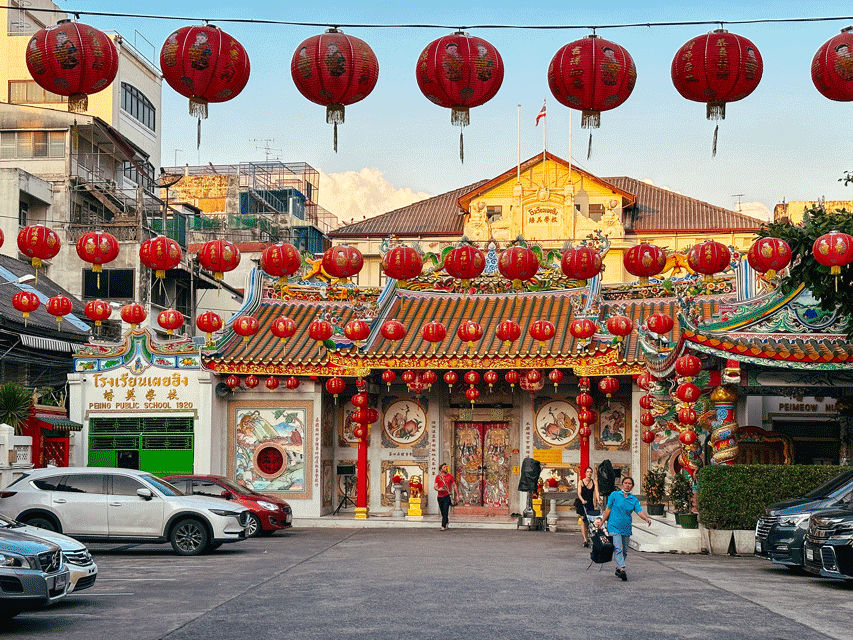
Songwat Week is back for another year–here’s what we know so far
By Porpor Leelasestaporn Oct 12, 2023 | 3 min read
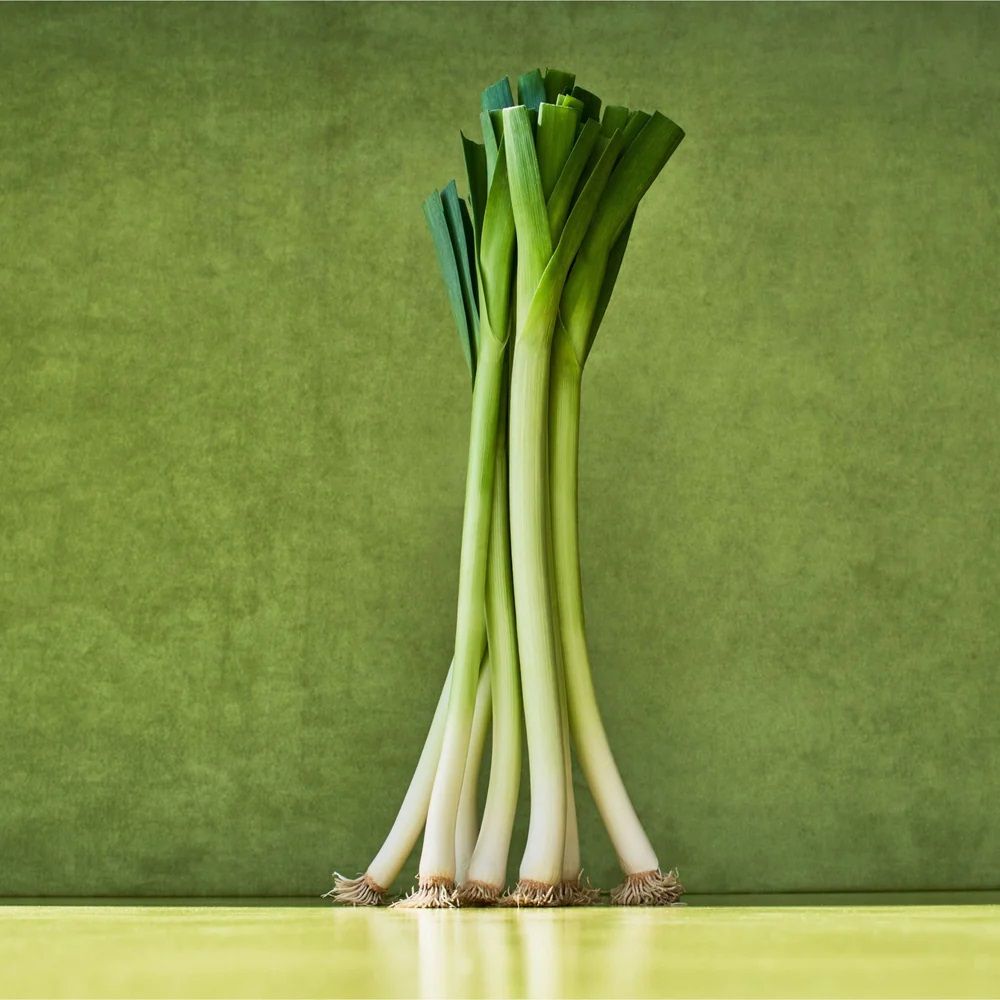
World, meet Sweet Garleek—a leek and garlic hybrid vegetable taking kitchens by storm
By Vichayuth Chantan Oct 12, 2023 | 3 min read

Where to buy, rent, or customise your Halloween costume in Bangkok
By Porpor Leelasestaporn Oct 11, 2023 | 3 min read
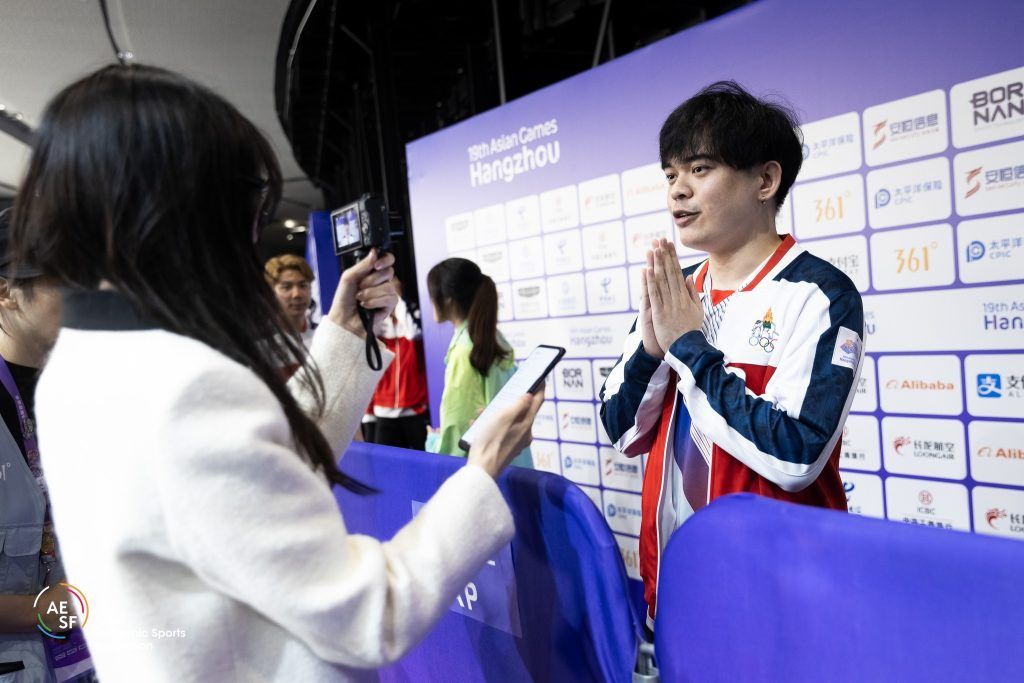
Thailand wins bronze at the Asian Games’ first eSports tournament
By Vichayuth Chantan Oct 11, 2023 | 2 min read

It’s official: Prince Abdul Mateen of Brunei is getting married next year
By Benjamin Wong Oct 09, 2023 | 3 min read

K-indie band wave to earth is coming to Thailand in March 2024
By Porpor Leelasestaporn Oct 06, 2023 | 1 min read
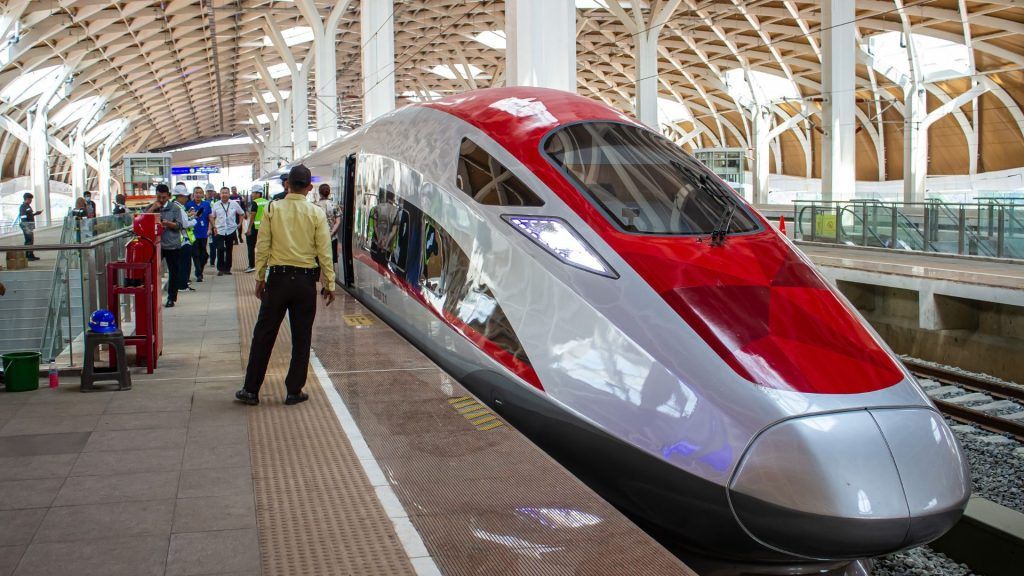
Southeast Asia’s first bullet train launches in Indonesia
By Anushka Goel Oct 05, 2023 | 3 min read

LSA Opinion: After AI Yearbook photos, here come our ’90s yearbook quotes
By Lifestyle Asia Oct 05, 2023 | 4 min read

Junny is performing in Bangkok this November
By Ambrose Leung Oct 05, 2023 | 2 min read

Hong Kong to get its first-ever deep-sea water adventure experience
By Tania Tarafdar Oct 04, 2023 | 2 min read

Thailand welcomes its first New Balance flagship at Central World
By Paint Chayanin Oct 04, 2023 | 2 min read

The AI Yearbook trend is taking over the internet. Here’s how to do it.
By Vichayuth Chantan Oct 02, 2023 | 2 min read

This month in memes: September 2023
By Vichayuth Chantan Sep 29, 2023 | 2 min read

After girl math, ‘boy math’ now a new trend on TikTok: What is it all about?
By Vichayuth Chantan Sep 28, 2023 | 2 min read
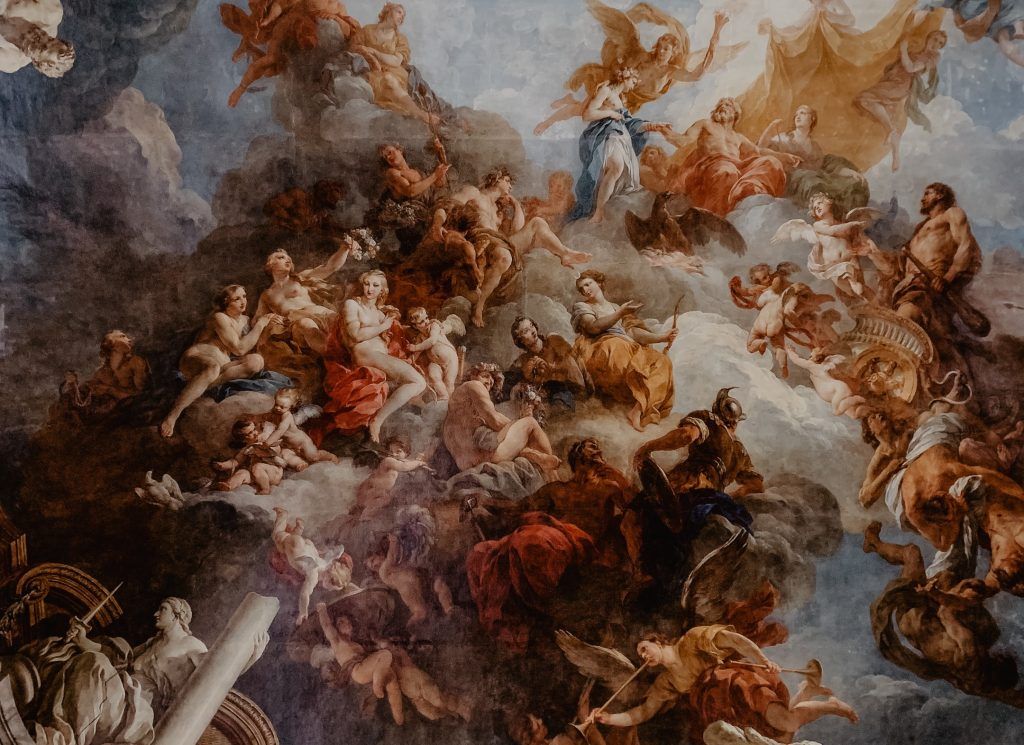
LSA Opinion: How often do you really think about the Roman Empire?
By Lisa Gries Sep 27, 2023 | 5 min read

Phuket named the world’s most overcrowded tourist destination
By Paint Chayanin Sep 26, 2023 | 2 min read

R&B star Usher to headline Super Bowl 2024
By Vichayuth Chantan Sep 25, 2023 | 2 min read
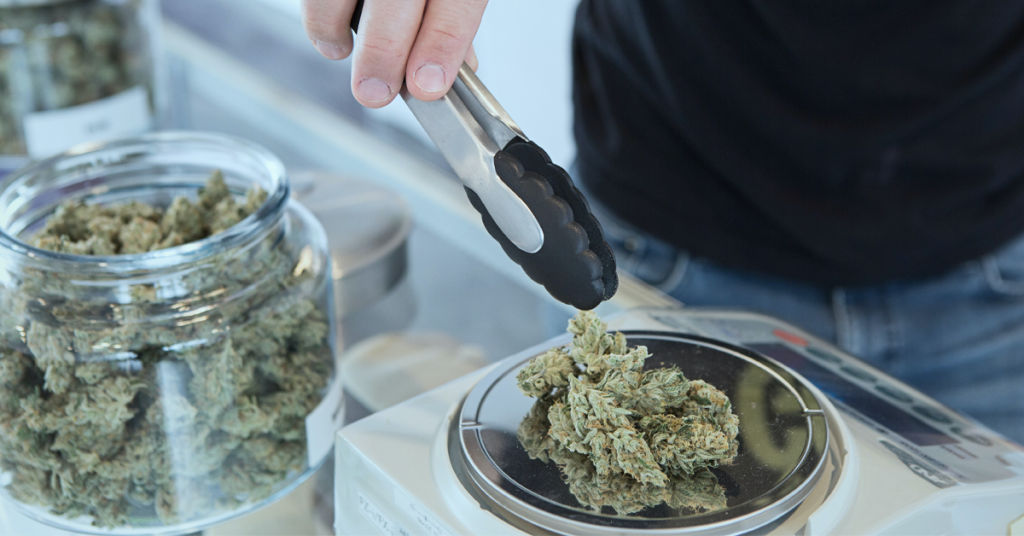
Thailand to end marijuana for recreational use, says the new Thai PM
By Porpor Leelasestaporn Sep 21, 2023 | 1 min read
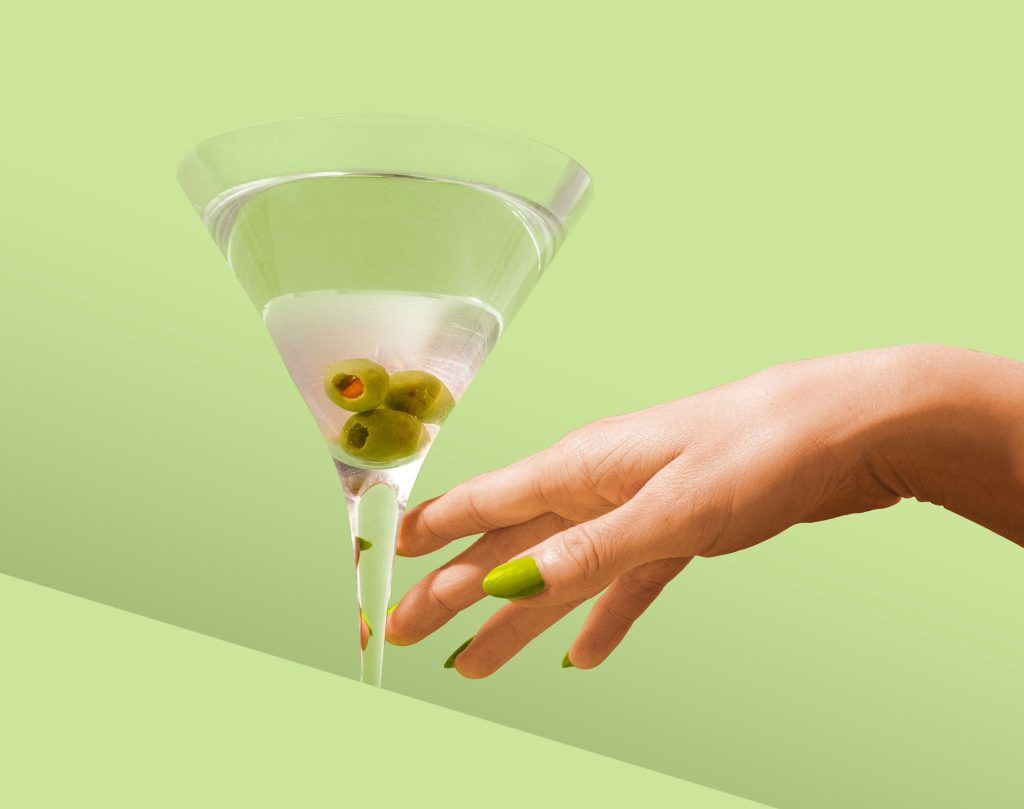
LSA Opinion: Beyond the Negroni, which other drink deserves its own week?
By Lifestyle Asia Sep 21, 2023 | 5 min read
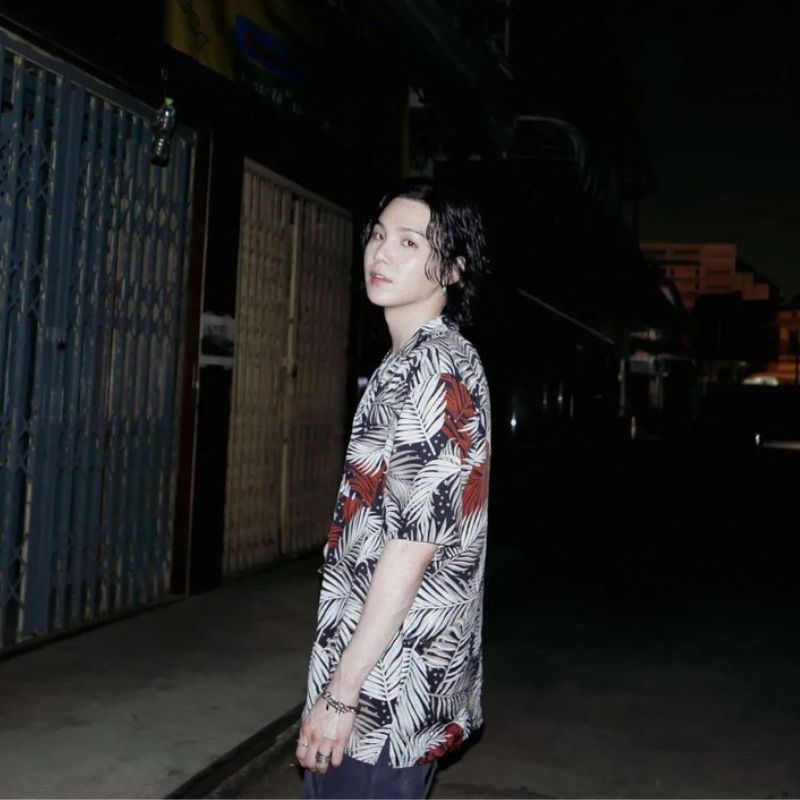
BTS Suga military service to begin from 22 September 2023
By Eshita Srinivas Sep 19, 2023 | 4 min read
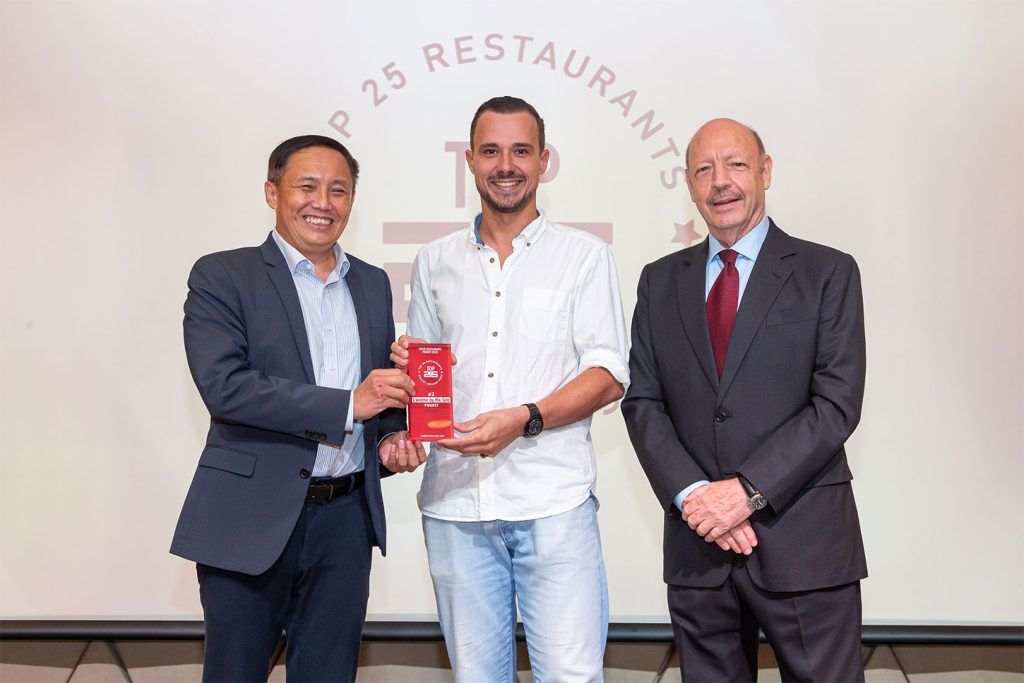
Winners of Phuket’s TOP25 Restaurants Awards 2023 announced
By Vichayuth Chantan Sep 18, 2023 | 2 min read
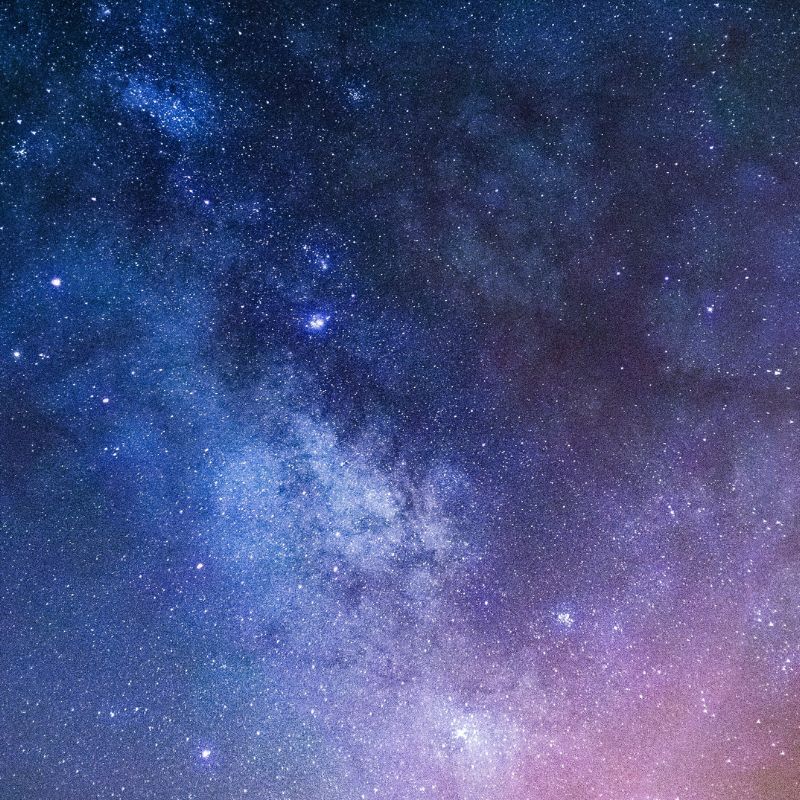
Celestial events to watch out for in September 2023: Equinox, Super moon, and more
By Preeti Kulkarni Sep 14, 2023 | 5 min read

MTV VMAS 2023: The K-pop acts that took home the most awards
By Eshita Srinivas Sep 13, 2023 | 3 min read
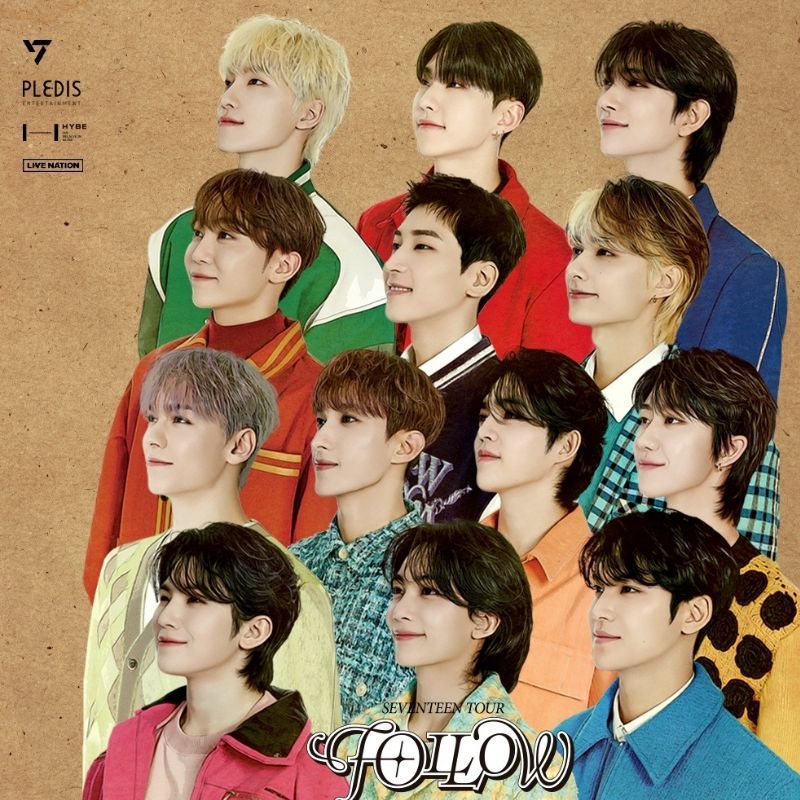
SEVENTEEN is coming to Bangkok as part of their Asia tour
By Jianne Soriano Sep 13, 2023 | 2 min read
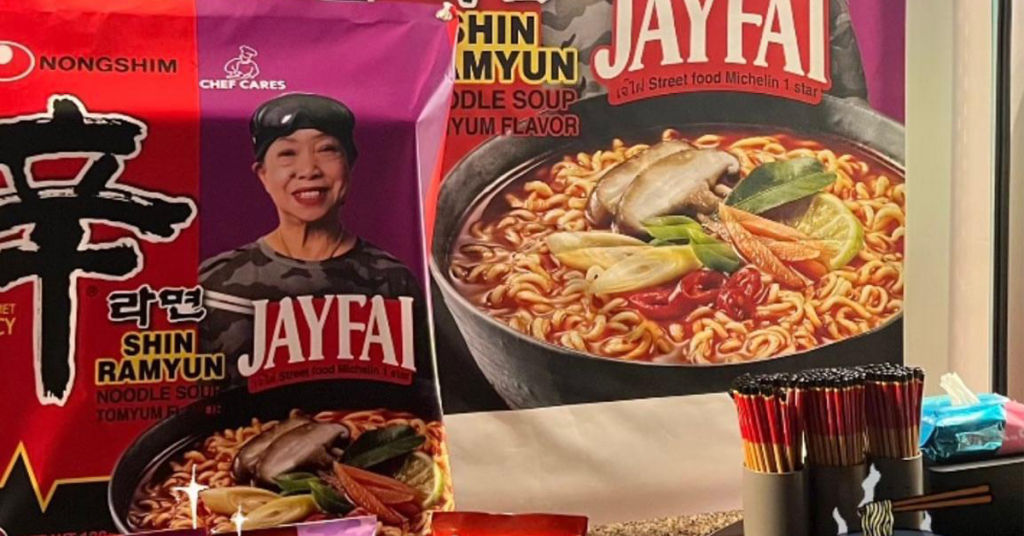
Jay Fai is partnering with Shin Ramyun for their new Tom Yum flavor
By Porpor Leelasestaporn Sep 07, 2023 | 2 min read
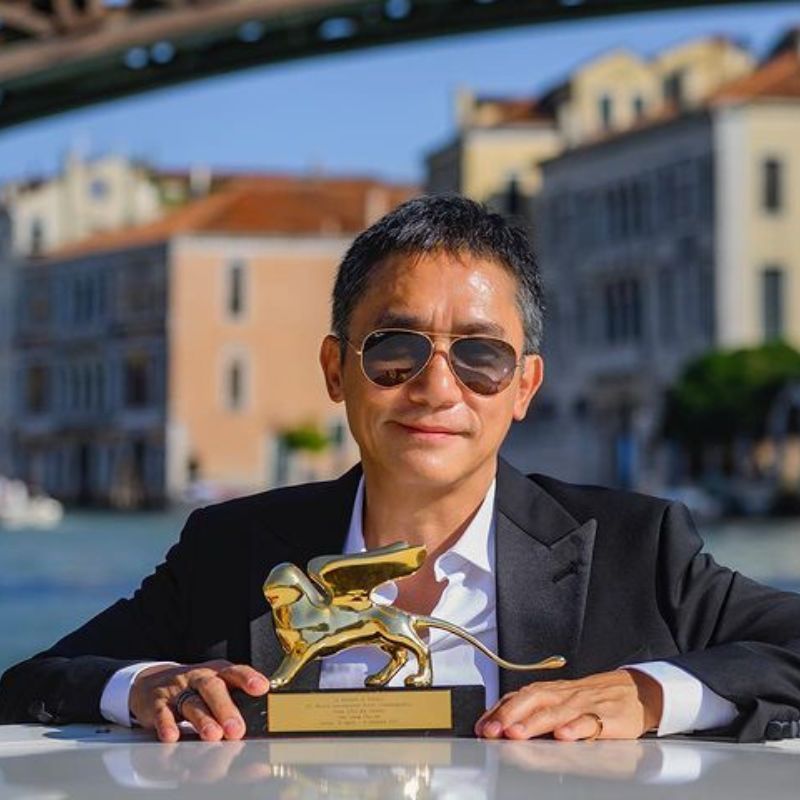
Tony Leung receives prestigious Golden Lion award at 80th Venice Film Festival
By Kriti Nayyar Sep 04, 2023 | 3 min read

Bebe Rexha is coming to Bangkok as part of her Asia tour
By Vichayuth Chantan Sep 01, 2023 | 2 min read
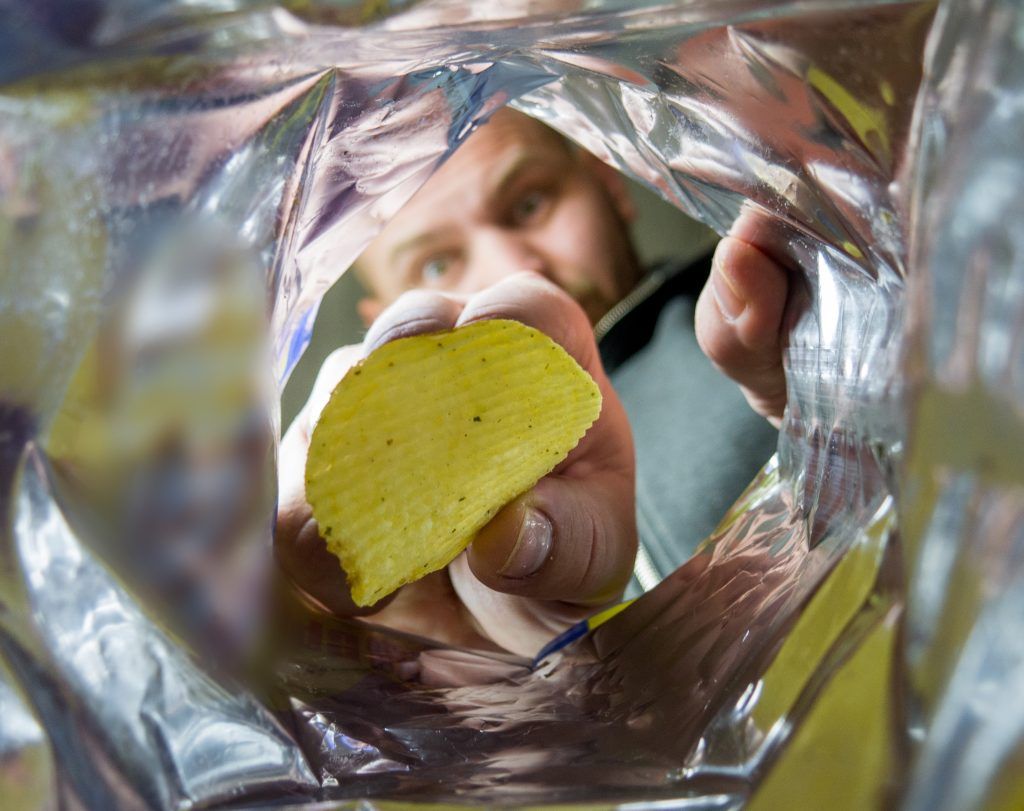
LSA Opinion: The most outrageous Lay’s potato chip flavour in Thailand
By Lisa Gries Sep 01, 2023 | 6 min read

BTS label HYBE and Geffen Records unveil 20 finalists for new global girl group
By Trinetra Paul Aug 30, 2023 | 3 min read

This month in memes: August 2023
By Vichayuth Chantan Aug 30, 2023 | 2 min read
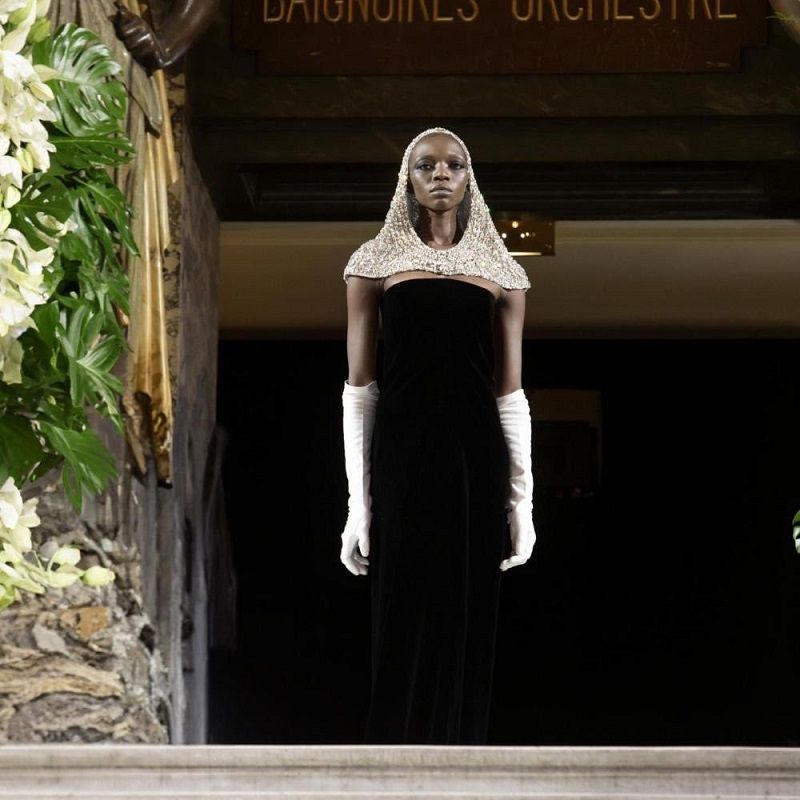
Paris Fashion Week S/S 2024 schedule: Dates, shows, presentations, and more
By Manas Sen Gupta Aug 30, 2023 | 5 min read

Paris Hilton is coming to Bangkok for her perfume launch this 11 September
By Porpor Leelasestaporn Aug 28, 2023 | 2 min read

The James Webb Space Telescope captured the ethereal beauty of the Ring Nebul
By Pallabi Bose Aug 24, 2023 | 3 min read
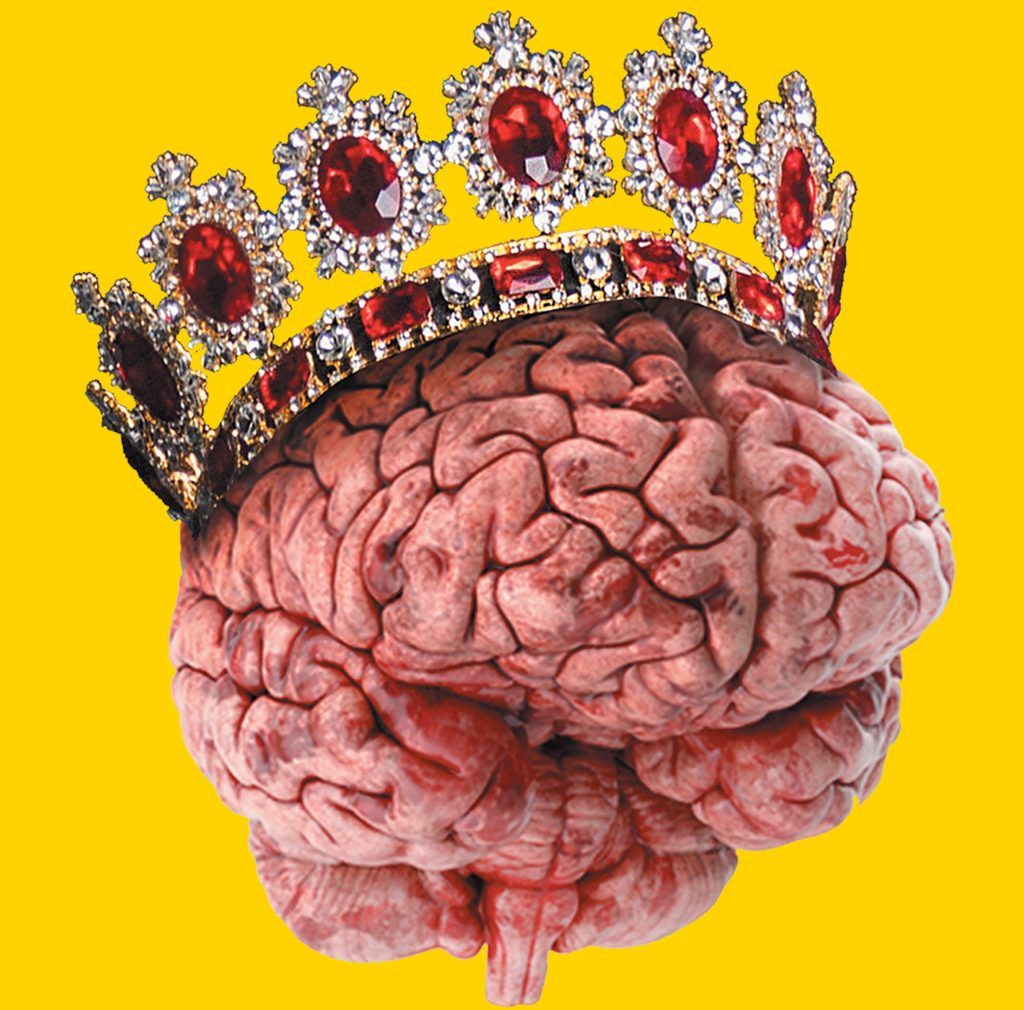
LSA Opinion: Are beauty pageants still relevant?
By Lifestyle Asia Aug 24, 2023 | 5 min read
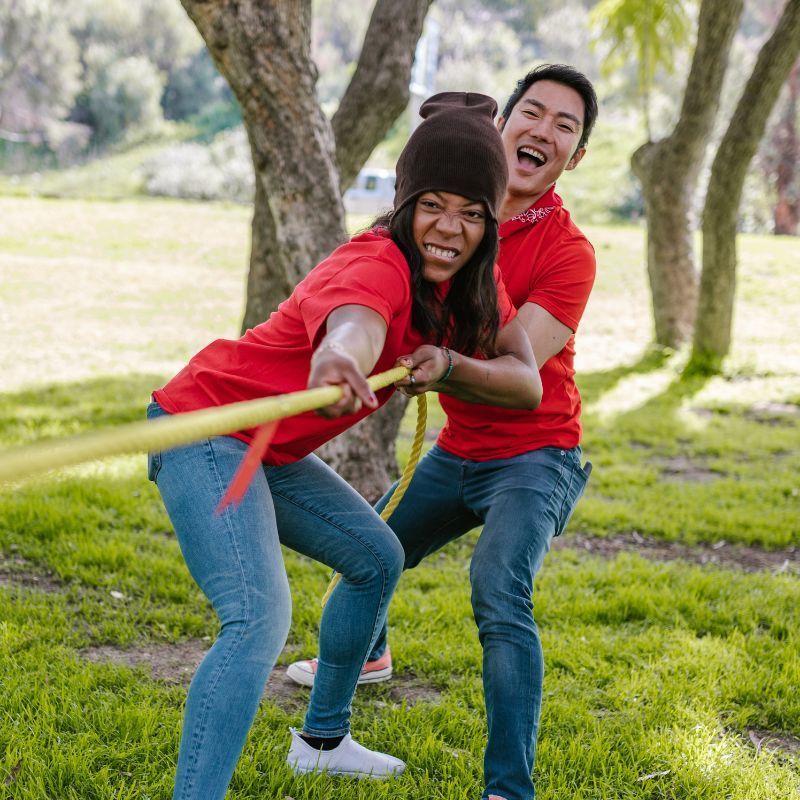
‘Kidulting’ is the new mental health trend that rediscovers your inner child
By Kriti Nayyar Aug 23, 2023 | 6 min read
